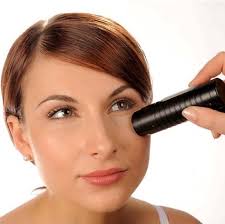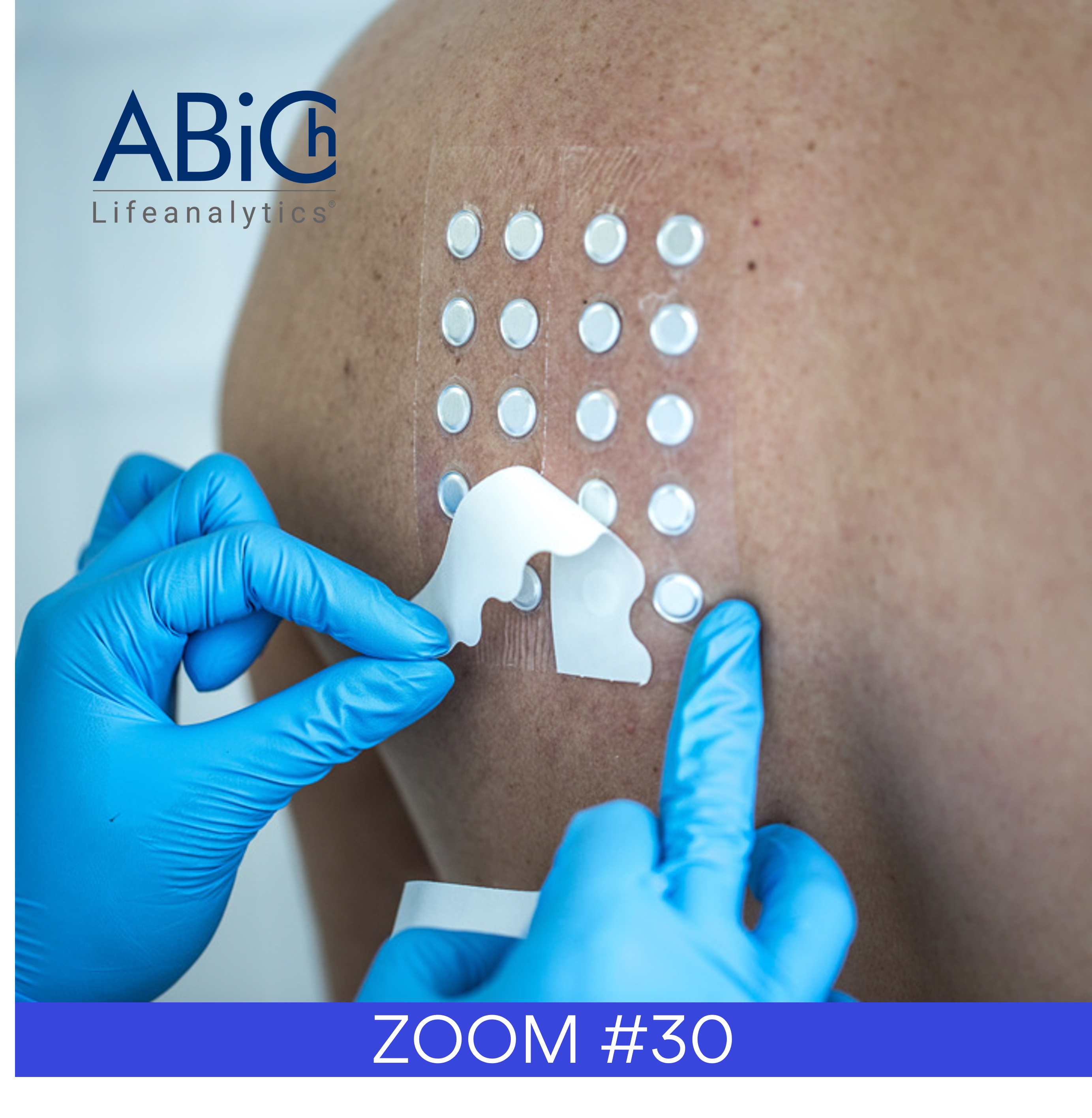April 28, 2016 By: Robert Ross-Fichtner, MSc, and Claire Robichaud, Focal Point Research Inc., Mississauga, Ontario, Canada
Scientists spend years mastering the tools of their trade, whether they’re biology, chemistry or physics; or laboratory techniques and instrumentation. During our years of study and practice, only rarely does the subject of honesty enter into our discussions.
We may think that honesty belongs in the social sciences like philosophy and sociology. After all, we are trained to expect that our science will be beyond reproach and carried out to the highest ethical standards. But from time to time, we see reports of questionable practices, driven by the need for publicity and, of course, the need to sell products and services. The subject of claims substantiation takes us squarely into the subject of honesty.
Claims substantiation is defined as the process of proving and documenting that the claims you plan to make are true.1 Some of the earliest documented issues related to claims and honesty include a 1917 decision of the United States District Court for Rhode Island. In that case, the court fined Clark Stanley the outrageous sum of $20 for ”misbranding” its Clark Stanley Snake Oil Liniment.2 Stanley and many of his like-minded travelling salesmen were selling cheap, synthetic versions of “snake oil,” which in traditional Chinese medicine is a useful treatment for a variety of ailments.
What is a Claim?
Cosmetic claims are words, sentences, paragraphs, logos, graphics or simply implications that describe the proposed use of a cosmetic, its benefits and its attributes. We’ve all seen these claims as they can be found on almost everything we use, from product labels and package inserts, to product catalogs, advertisements, company websites and social media. It is important for companies to be honest and consistent about what they are explicitly or implicitly stating on their products.3
…/…
In other jurisdictions, it’s essential to also have the proper testing completed. In Europe, guidelines for the appropriate usage of instrumental techniques and the accurate measurement of skin function or properties have been published by expert groups such as the European Group for Efficacy Measurement of Cosmetics and Other Topical Products (EEMCO).14 It is important that any claimed effect of a cosmetic on the skin should find appropriate techniques for clear demonstration.
The sixth amendment of the European Directive on Cosmetic Products requires manufacturers to have a readily available dossier with the proof of the claims made on their products. Commission Regulation (EU) No 655/2013, was published July 10, 2013, along with associated guidelines for proper use of the regulations.15 These documents lay down the common criteria for the justification of claims used in relation to cosmetic products.
The common criteria they discuss are things such as legal compliance, truthfulness, evidential support, honesty, fairness, informed decision making along with detailed information of the best practices to apply to experimental studies.16 The commission authorizes the filing of a complaint when it has a reason to believe that the law has been or is currently being violated.









 Follow us on Linkedin!
Follow us on Linkedin!